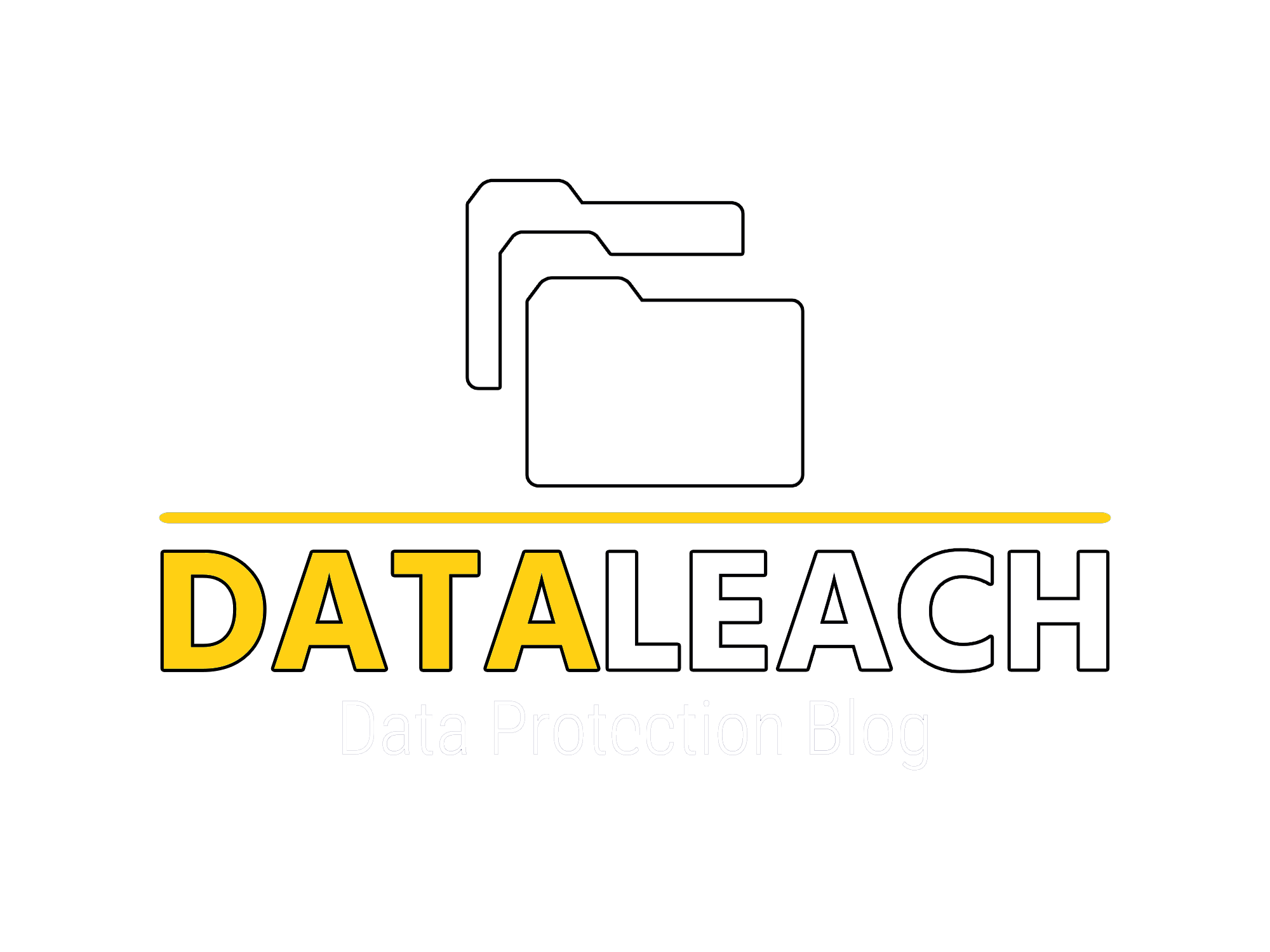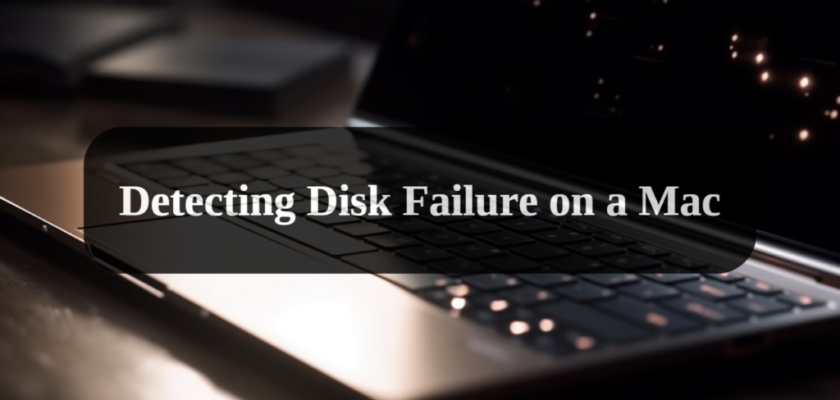What is disk failure?
Disk failure is a condition in which a disk drive is no longer able to function properly. This can happen due to a variety of factors, including physical damage, logical damage, or data corruption.
How to detect disk failure on a Mac
There are several ways to detect disk failure on a Mac. One way is to use Apple’s Disk Utility application. To do this, open the Disk Utility application and select your hard drive from the list of drives.
If your hard drive is healthy, you will see a green light next to the drive name. If your hard drive is failing, you will see a red light next to the drive name.
Another way to detect disk failure is to listen to strange noises coming from your computer. If you hear any clicking, grinding, or buzzing noises, it could be an indication that your hard drive is failing.
Other signs of disk failure include:
- Slow performance
- Files becoming corrupted
- Applications crashing frequently
- The inability to access your disk
What to do if your disk fails
If you suspect that your hard drive is failing, it’s important to back up your data as soon as possible. You can use Apple’s Time Machine application to create a backup of your hard drive.
Once you have created a backup, you can replace your hard drive and restore your data from the backup.
If you don’t have a backup, you may be able to recover some of your data using data recovery software. Data recovery software can be expensive, so it’s important to weigh the cost of the software against the value of your data.
If you have important data on your hard drive, you may want to consider sending it to a professional data recovery service. These services can be expensive, but they may be able to recover data from a failed hard drive that you wouldn’t be able to recover yourself.
How to prevent disk failure
There are some things you can do to help prevent disk failure. First, it’s important to keep your hard drive clean and free of dust. Dust can accumulate inside your computer and cause problems with the disk platters.
It’s also important to keep your computer cool. Heat can damage the disk platters and cause them to fail. If you’re going to be using your computer for extended periods, it’s a good idea to invest in a cooling pad for your laptop or a cooling case for your desktop.
Finally, it’s important to avoid exposing your hard drive to strong magnetic fields. Magnetic fields can corrupt the data on your hard drive and make it more likely to fail.
Additional tips
- Keep your operating system and software up to date.
- Avoid using your computer in extreme temperatures.
- Be careful when moving your computer around.
- Install a surge protector to protect your computer from power surges.
By following these tips, you can help to prevent disk failure and keep your data safe.

